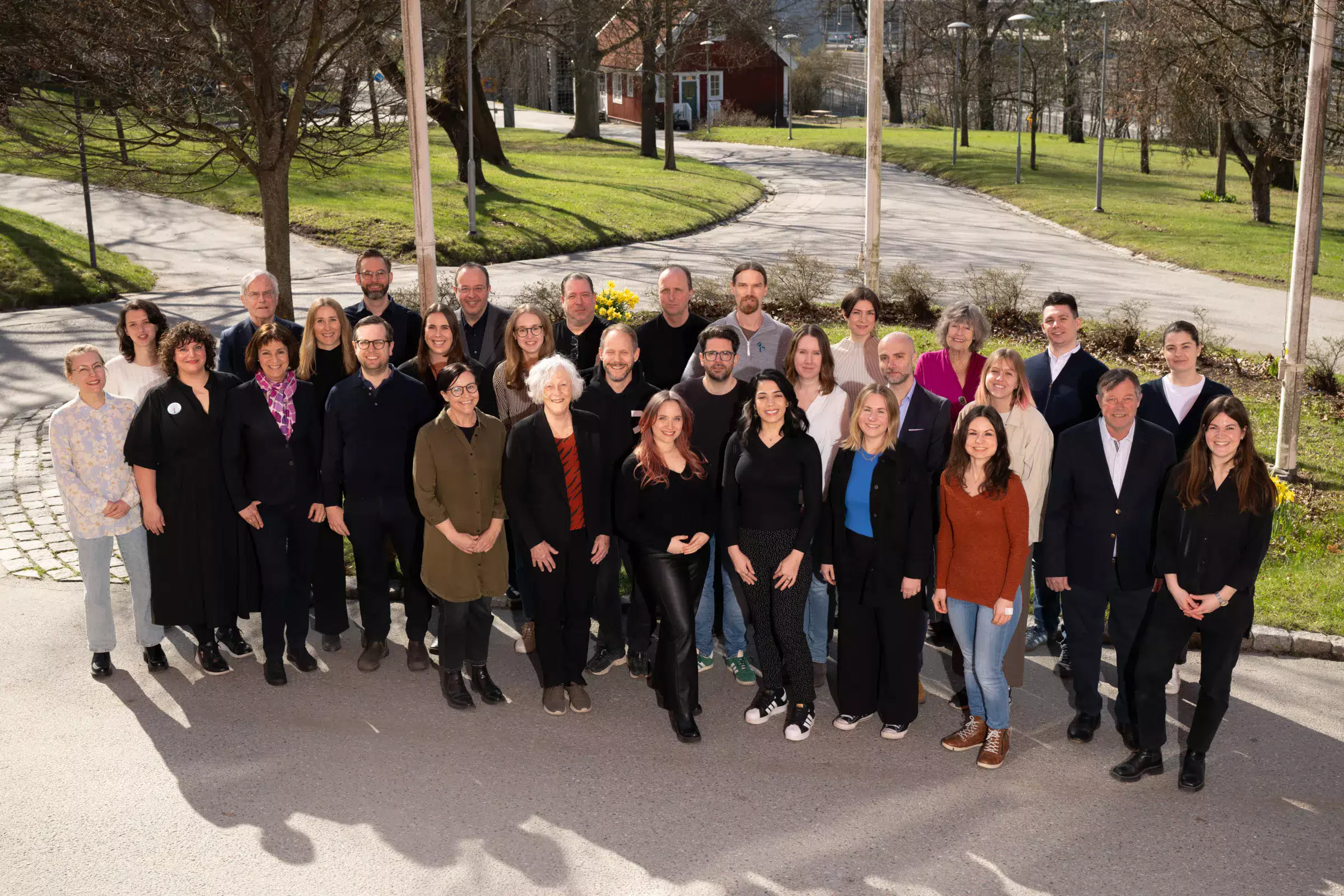Vår forskning
Suicide and mental health lab är en forskargrupp som tillhör Nationellt centrum för suicidforskning och prevention (NASP). I en tvärvetenskaplig forskningsmiljö (folkhälsa, psykologi, psykiatri, molekylär biologi och antropologi) bedriver vi forskning med målet att utveckla innovativa självmordspreventiva metoder och metoder som förebygger psykisk ohälsa. Vi genomför även forskningsstudier för att identifiera trender, riskfaktorer och sårbara populationer kopplade till självmord. Den forskning som vi, och andra forskare bedriver används till att styra de aktiviteter som vi utför inom strategiskt folkhälsoarbete, utbildning och spridning av information.
Vår organisation
NASP är ett samverkande centrum som består av flera enheter som är organiserade under två huvudmän: Karolinska Institutet (KI) och Stockholms läns sjukvårdsområde (SLSO) vid Region Stockholm. NASP är även ett WHO samarbetscentrum för forskning, metodutveckling och utbildning i självmordsprevention.
I fokus
 Foto: Copilot
Foto: CopilotFinansiering till forskning om den suicidala processen för att utveckla individanpassat stöd vid suicidala kriser
Forskare från Karolinska Institutet, Region Stockholm och Region Jönköping har tilldelats projektbidrag från Forte på 5 995 000 kronor för att driva ett fyra år långt forskningsprojekt som syftar till att förbättra kunskapen om tidsdynamiken i den suicidala processen och att utveckla en intervention för individanpassat stöd vid suicidala kriser.
 Foto: Lin Po-Tsen / Unsplash
Foto: Lin Po-Tsen / UnsplashPsykologiska, emotionella och beteendemässiga effekter av artificiell belysning
Är du intresserad av att delta i forskning som undersöker hur exponering för artificiell belysning påverkar olika psykologiska tillstånd, känslor och beteenden?
 Foto: Getty Images
Foto: Getty ImagesTim Bergling Foundation stöder digital utbildning i suicidprevention för barn och unga
Ett finansiellt stöd från Tim Bergling Foundation under fyra år möjliggör Karolinska Institutets satsning på digital utbildning som ska stärka läkarstudenters förmåga att identifiera och bemöta suicidala barn och unga. Målet med projektet är att förbereda framtidens läkare för att möta unga i riskzonen.

















